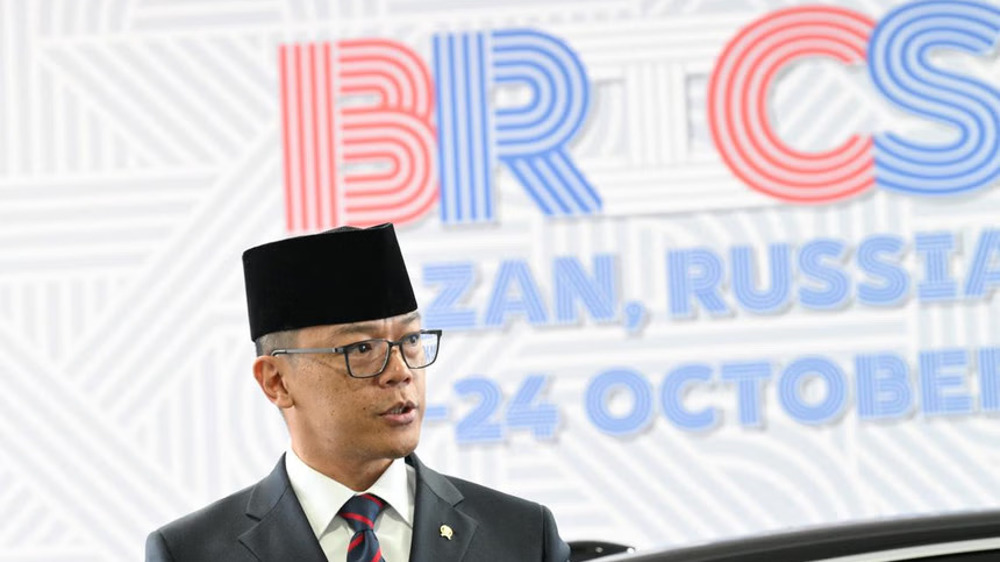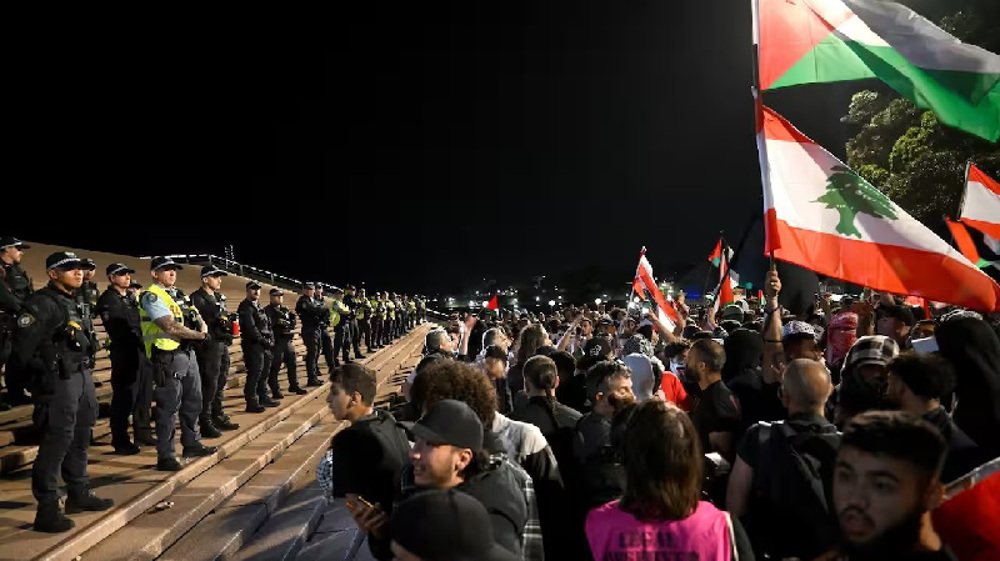UN to take part in Rohingya repatriation, says Bangladeshi minister
Bangladesh has signed a deal to involve the United Nations in the controversial process of returning persecuted Rohingya refugees to Myanmar's state of Rakhine, the country’s junior foreign minister says.
Shahriar Alam told reporters at a Rohingya refugee camp in Bangladesh's southeastern border district of Cox's Bazar on Monday that the Dhaka government was involving the UN refugee agency so that it could not be accused of sending anyone from the stateless Muslim minority back against their will.
He said refugees would be asked to fill out repatriation forms in the presence of UN officials.
"We have repeatedly said this repatriation process is very complex," media outlets quoted Alam as saying.
"We want to fill up the (repatriation) forms in their (UN) presence so that no one can say they [have] been forced by someone or sent back against their will," he added.
Elsewhere in his remarks, Alam urged patience and said Bangladesh did not want to send back the refugees only to have them returned, as has happened after past rounds of repatriation.
Bangladesh "wants to make sure the situation in Myanmar is safe and secure," he noted.
There was no immediate comment from the UN, which has said previously that any repatriation must be voluntary.

Since August, a military crackdown on the Rohingya Muslim minority in Myanmar has forced nearly 700,000 members of the one-million-plus-strong community to flee their homes in Rakhine and head to Bangladesh.
Despite the campaign against the Rohingya, Myanmar and Bangladesh agreed late last year to repatriate all the newly-arrived refugees.
The implementation of that agreement was supposed to begin last month, but it was postponed, with no new date set, amid fears that the refugees may be coerced into leaving.
Refugees are still entering Bangladesh with harrowing tales of abuses, including mass rapes, executions and torture, by Buddhist mobs and the military. Many have lost their homes to arson attacks in their native Rakhine state, where rights groups say entire Rohingya settlements have been burned to the ground.

The UN has described the campaign against the Rohingya as textbook example of ethnic cleansing, saying it possibly amounts to genocide in a court of law.
The Rohingya want guarantees of citizenship before returning to Myanmar, which views them as illegal immigrants from Bangladesh.
Myanmar does not recognize the Rohingya as their nationals even though they have been there for generations and refrains to give them citizenship.
Italian TV exposes Israeli manipulation of EU institutions
UK anti-corruption minister Siddiq resigns over links to Bangladesh ‘embezzlement probe’
VIDEO | Indian-administered Kashmir honors Imam Ali’s legacy of justice, leadership
Israel kills female Palestinian journalist based in Gaza’s Indonesian Hospital
US lawmakers demand answers from Biden on Israeli killing of Turkish-American activist
Araghchi: Iran never left negotiation table as its nuclear program ‘peaceful’
Jan. 14: ‘Axis of Resistance’ operations against Israeli occupation
VIDEO | UNRWA’s financial crisis deepens amid support cuts










 This makes it easy to access the Press TV website
This makes it easy to access the Press TV website